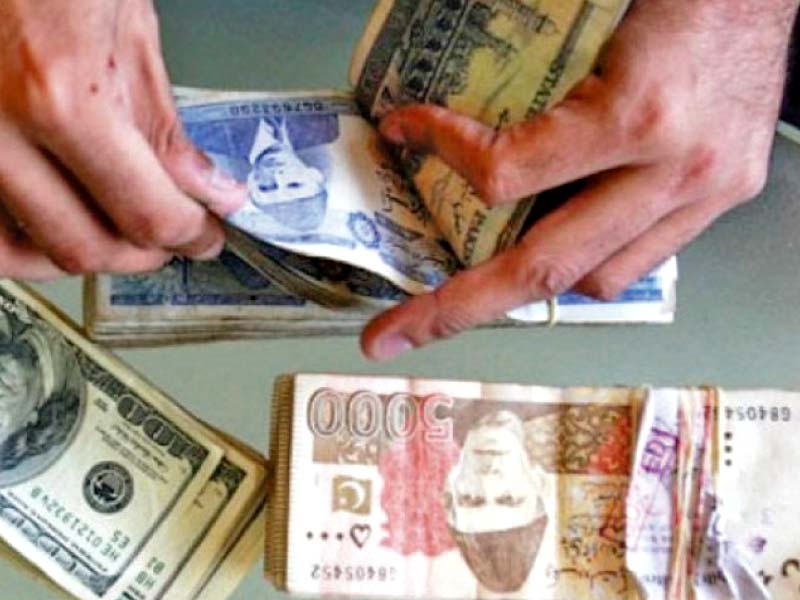
China has devalued its currency due to its economic slowdown and the world economic landscape has been changing with improved US numbers, falling crude oil prices, the crisis in Greece and a general laggard consumption overall. In this scenario, Pakistan’s exporters have found it hard to penetrate into their traditional markets, including China and Europe. Added to this is the fact that the country’s exports have mainly been cotton-based, which has not helped, as cotton prices also fell. Countries tend to export what they have a comparative advantage in. In Pakistan’s case, that means textiles. However, in recent years, Bangladesh and India have not just overtaken us in this sector, but have done so at a rapid pace, through providing improved quality, value-addition and variety. There may have been various reasons behind the rupee’s depreciation, with the SBP allowing this to happen to keep in line with recent depreciations of other currencies. However, if this is perceived as something that will help exporters, this might not happen. Exports might become slightly cheaper, but imports will also become expensive. It will not be a surprise if exporters now resort to blaming the expensive imports for their woeful performance.
Published in The Express Tribune, August 28th, 2015.
Like Opinion & Editorial on Facebook, follow @ETOpEd on Twitter to receive all updates on all our daily pieces.

1732569774-0/Baymax-(2)1732569774-0-165x106.webp)










COMMENTS
Comments are moderated and generally will be posted if they are on-topic and not abusive.
For more information, please see our Comments FAQ